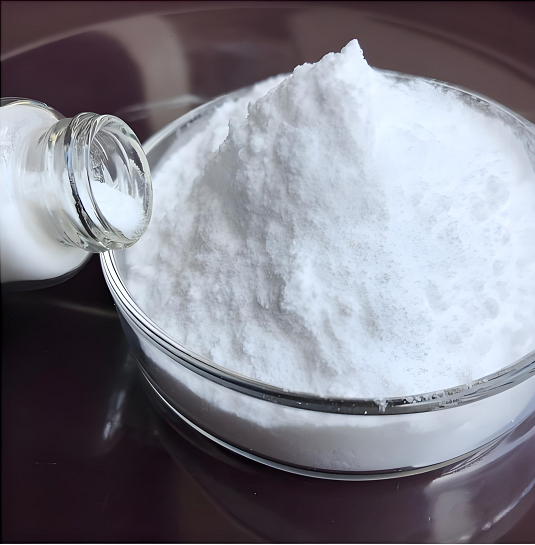
The green future of MBS resin
In the global wave of carbon neutrality, traditional petroleum-based MBS resins are undergoing a profound green transformation. As a key modifier for PVC products, this material, which combines transparency and toughness, is undergoing a transformation in its production process from high energy consumption and high emissions to a clean and sustainable direction.
The breakthrough of bio-based technology has become the primary breakthrough point for green transformation. The MMA monomer technology derived from corn cobs developed by the Chinese Academy of Sciences has increased the bio-based content of MBS resin to over 40%. This innovation not only realizes the high-value utilization of agricultural waste, but also reduces the carbon emissions per ton of product by 35%. The first 100,000-ton bio-based MBS production line built by Wanhua Chemical marks that China has entered the world's first echelon in this field.
The innovation of clean production processes is equally remarkable. The traditional emulsion polymerization process requires a large amount of deionized water and chemical additives, while the emerging supercritical CO₂ polymerization technology completely eliminates wastewater discharge. This process developed by Qingdao University of Science and Technology reduces energy consumption by 68% and achieves a product purity of over 99.9%. What is more worthy of attention is that the successful application of the visible light catalytic polymerization system enables the reaction to proceed efficiently at normal temperature and pressure.
The construction of the circular economy model provides a systematic solution for green development. The chemical dissociation technology developed by Kingfa Technology can achieve the recovery of 97% of the resin in the waste MBS-PVC composite materials. After modification, these recycled materials have a performance retention rate of over 90% and have been successfully applied in non-precision product fields such as building formwork. It is expected that by 2027, China will have established an MBS resin recycling network covering major cities.
From the raw material revolution to process innovation and then to the improvement of the circular system, the green transformation of MBS resin is reshaping the entire industrial chain. When the content of bio-based materials exceeds the critical point of 50% and the recycling network covers the whole country, this "transparent armor" is bound to become a model of sustainable development in the field of new materials. This is not only a technological upgrade, but also a vivid portrayal of the transformation of "Made in China" towards green and intelligent manufacturing.
Shandong AXA Chem Co.,Ltd
May 26, 2025



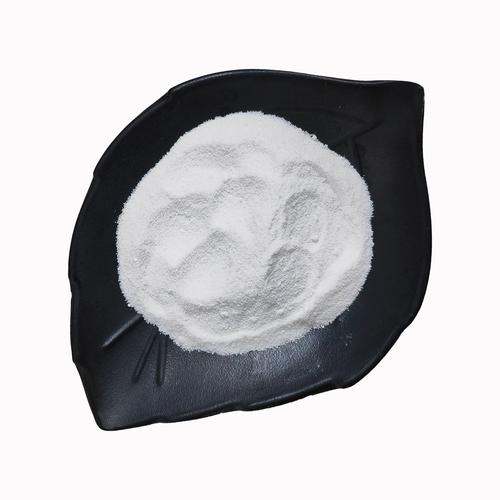
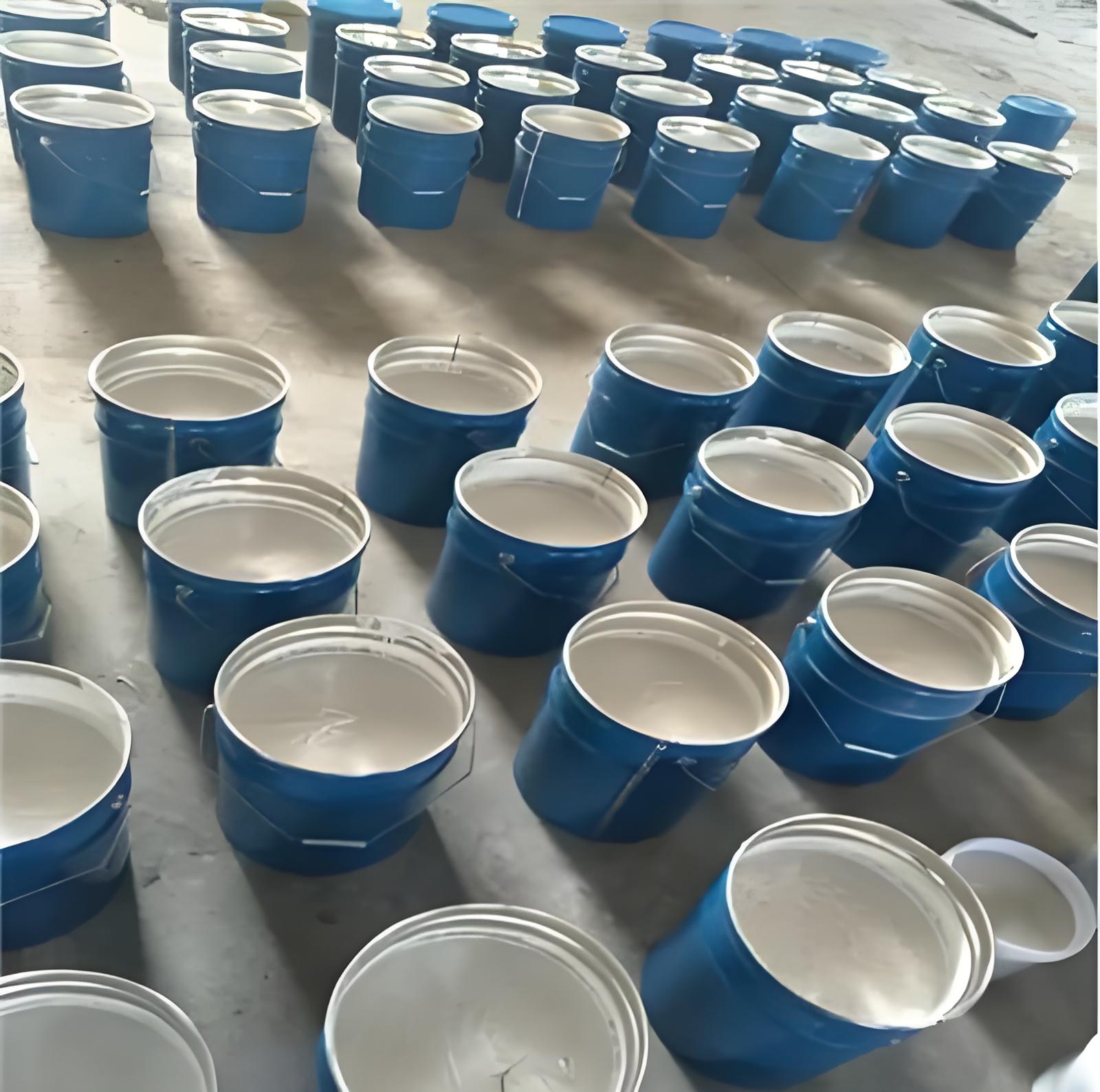
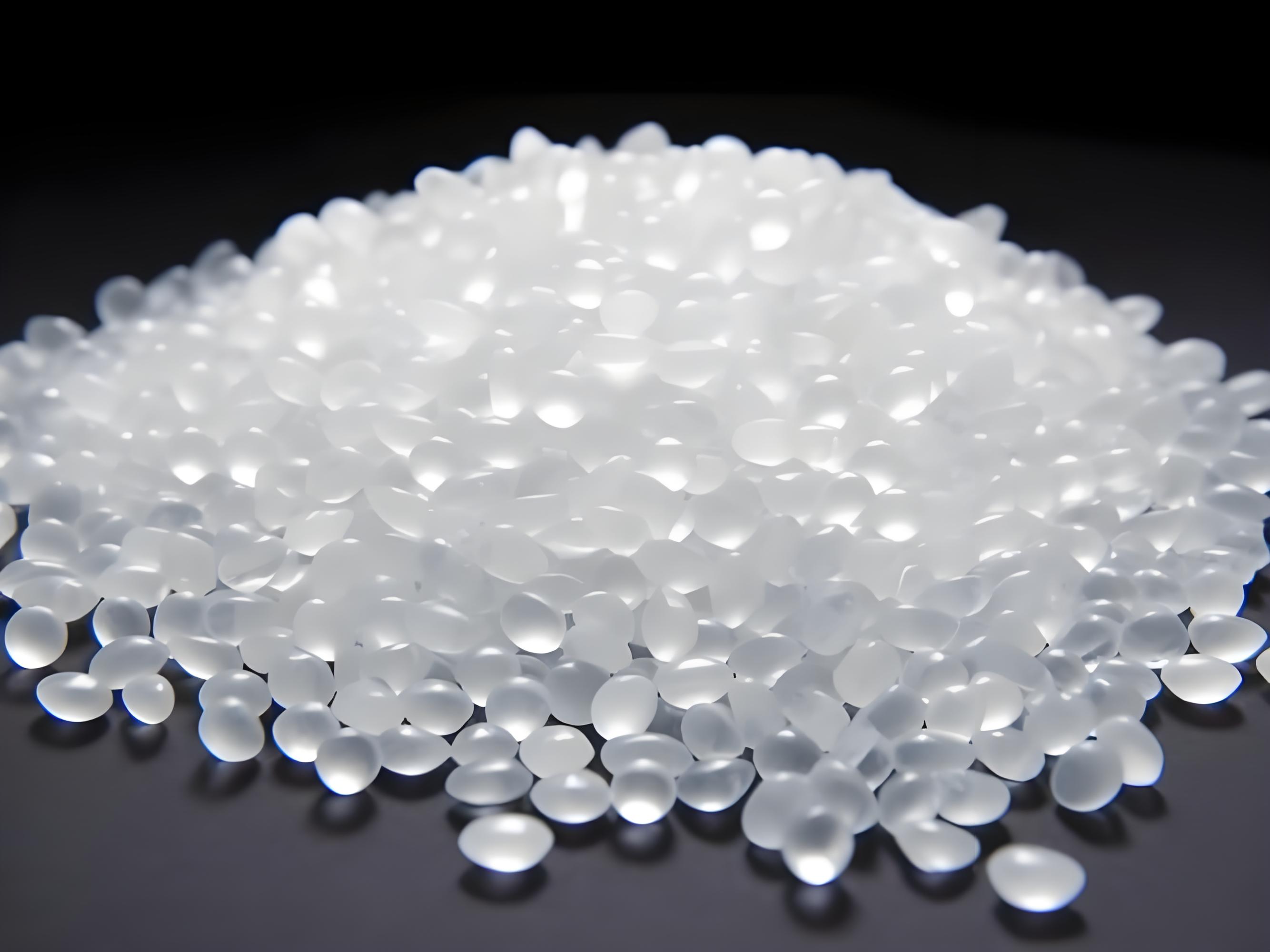


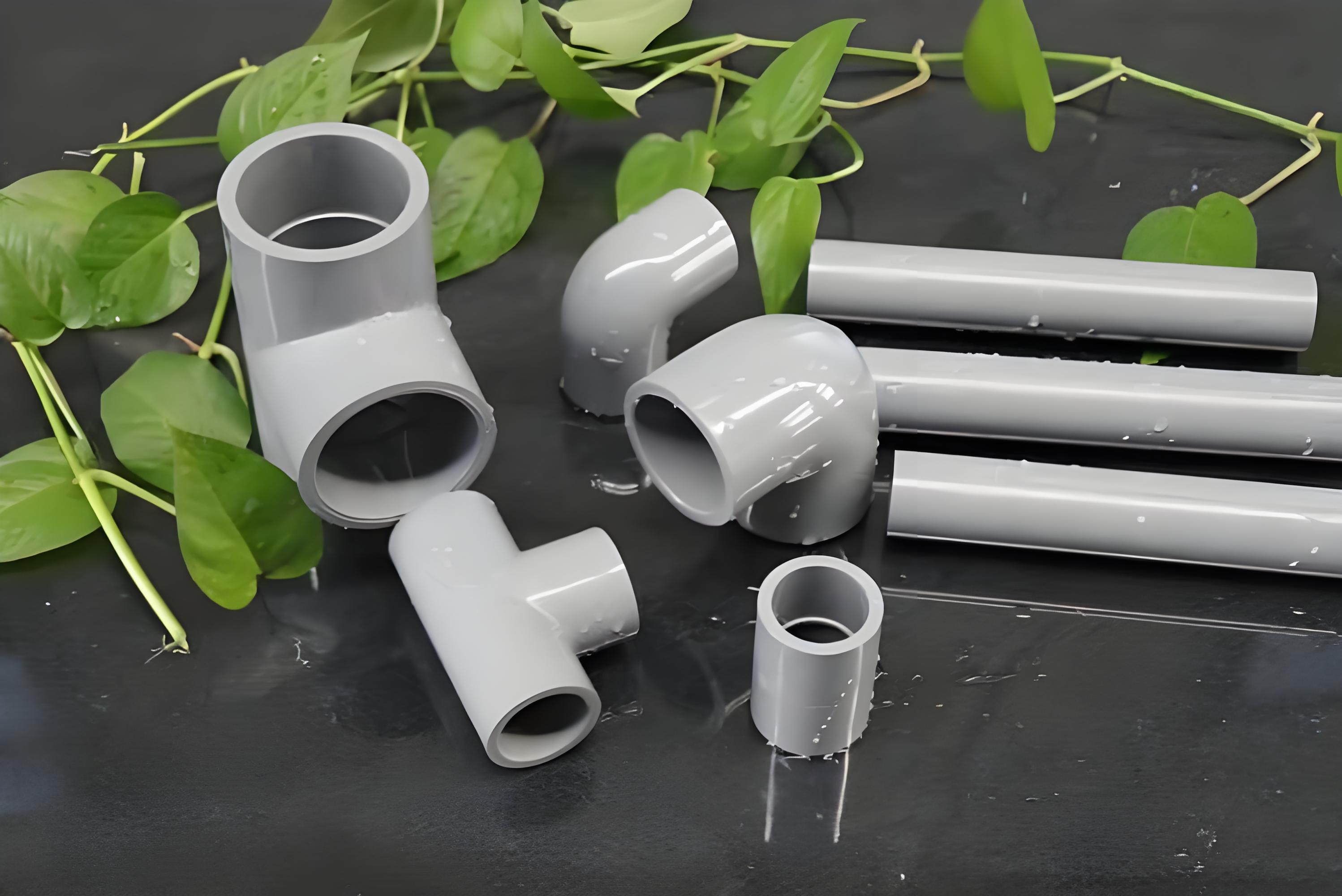







Leave a Reply
Your email address will not be published. Required fields are marked *